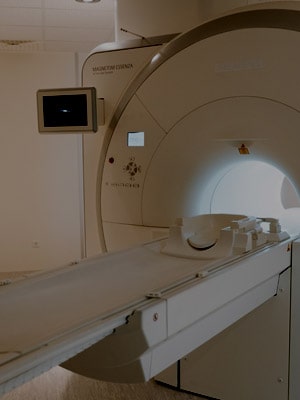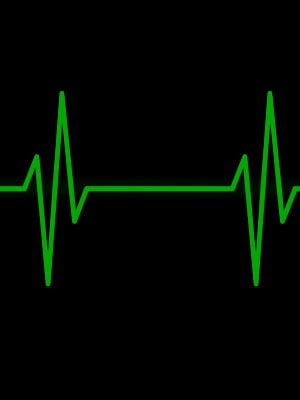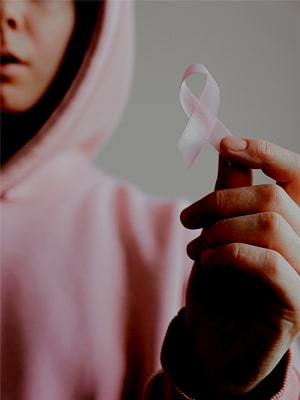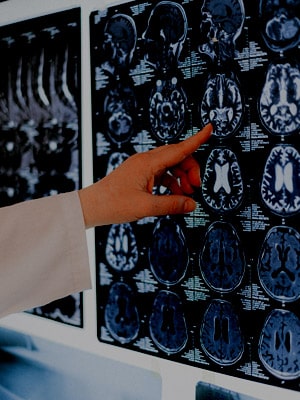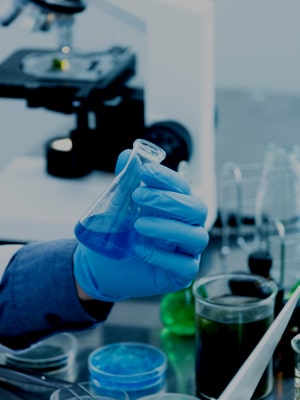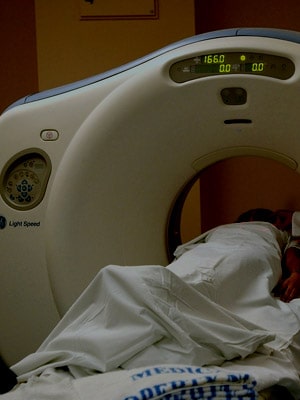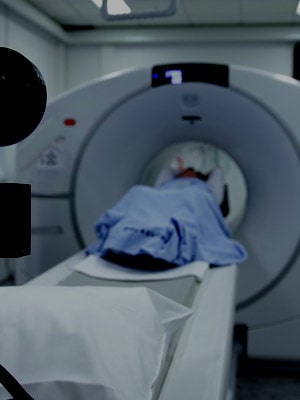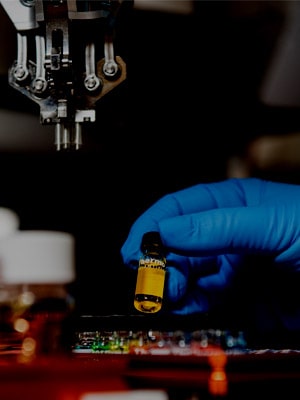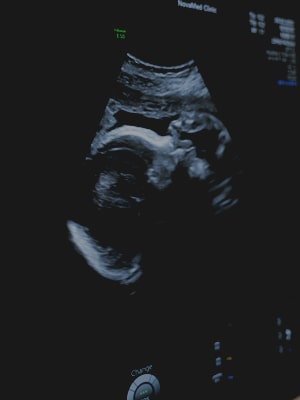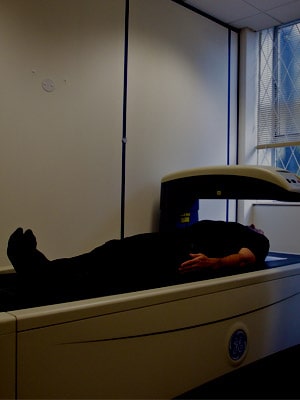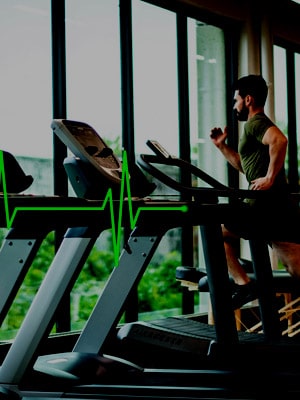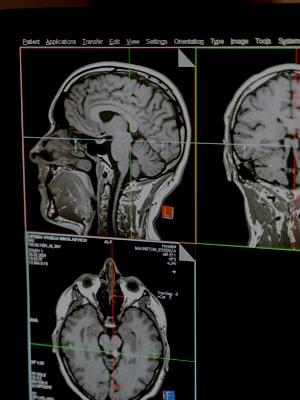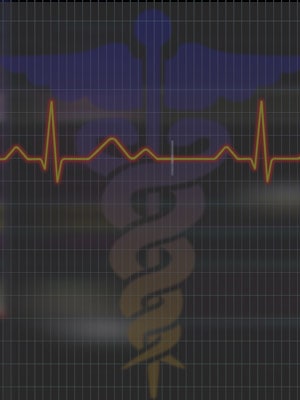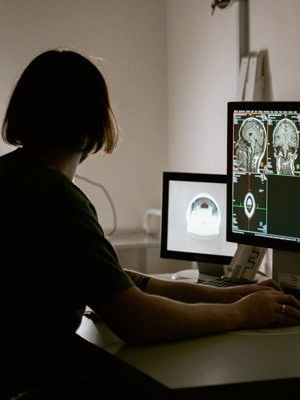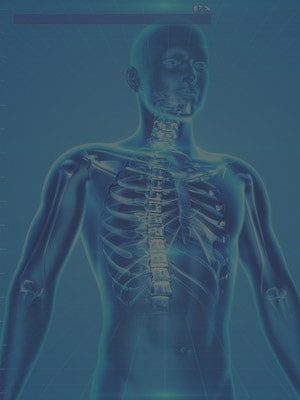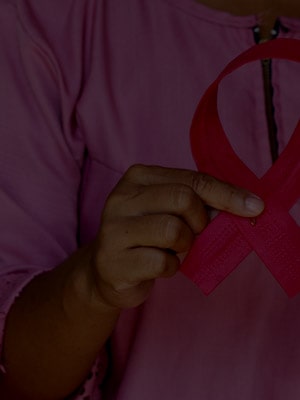A Computerised Tomography (CT) scan uses x-rays and computer systems to create three-dimensional images of different areas of the body. During a CT scan, the patient lies on the CT table which moves in and out of a large, donut-shaped scanner, taking multiple images of the area being scanned.
WHAT IS AN CT - SCAN?
A CT (computed tomography) scan is a type of x-ray that creates 3-dimensional images of your body, including bones, organs, tissues, and tumors. The machine moves in a circular motion around you and takes x-rays of very thin slices of your body to create a cross-sectional image.
CT scans provide different views and far greater detail than a 2-dimensional x-ray. They may be used instead of an x-ray when your doctor needs to see soft tissues in your body, which don’t always show up on x-rays.
It helps diagnose medical conditions, for example when someone has internal injuries in an accident and helps doctors plan medical treatment.
CT scans provide different information to an ultrasound, which uses sound waves to create real-time images of the inside of the body.
WHEN IS CT - SCAN USED?
A CT scan may be used:
- to diagnose and monitor many different conditions such as tumors or infections.
- to look for injuries after a serious accident
- to help plan treatment such as surgery or radiotherapy
- to diagnose abnormal anatomy
- to help guide doctors doing a biopsy
Frequently Asked Questions
You will receive instructions from the hospital or radiology practice before your appointment.
Many types of CT scans require an injection of a special dye called contrast material to help show blood vessels and some organs.
If you need contrast material for the CT scan, most hospital departments or radiology practices will ask you to fast (not eat or drink) before your appointment. You will receive instructions about fasting before your appointment.
- Allergic reaction to contrast dye
There is a small risk of allergic reaction to this dye, which commonly results in a rash or itchiness. If you know you have an allergy to contrast material, tell your doctor.
- Radiation exposure
Modern CT scanners use x-rays, a type of radiation that has been linked to cancer. While CT scans produce more radiation than other types of imaging, the risks of this radiation must be balanced against the need for the CT scan. To minimize risks, CT scans should only be used where necessary.
People at increased risk include younger people and people who have had repeat scans. CT scans are avoided in these people unless medically necessary.
- Pregnancy
If you are pregnant or think you might be pregnant, talk to your doctor. CT scans are best avoided in pregnancy, as there is a risk that the radiation could harm the unborn baby.

